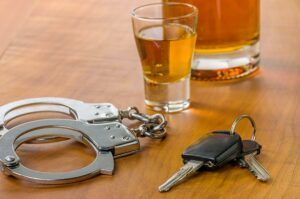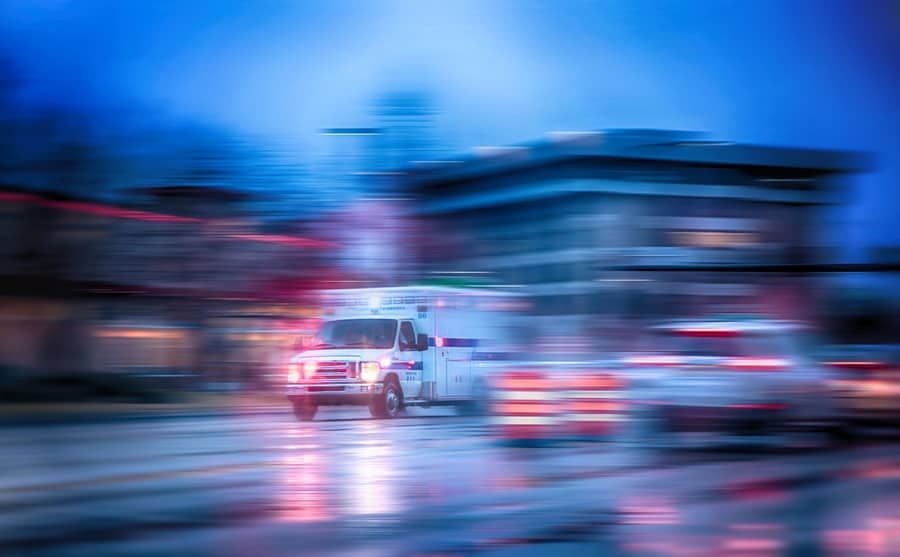 Florida might be a state with endless summer, but along with those balmy summer days and long nights on the patio comes an endless line up of drunk drivers on the road. Although you hear a lot about the drunk driving crashes and the number of drunk driving arrests that occur in the state, you don’t hear a lot about how Florida lawmakers are going to deal with that problem.
Florida might be a state with endless summer, but along with those balmy summer days and long nights on the patio comes an endless line up of drunk drivers on the road. Although you hear a lot about the drunk driving crashes and the number of drunk driving arrests that occur in the state, you don’t hear a lot about how Florida lawmakers are going to deal with that problem.
If Florida is interested in cutting down the number of drunk drivers in the state, there are two steps they can take right now.
Mandatory ignition interlocks for all offenders
All states have some sort of ignition interlock law and Florida is no exception. The state currently requires interlocks for first time offenders with a blood alcohol concentration (BAC) of .15 or higher, but first time offenders with a BAC between .08 and .14 are not required to use them unless a judge orders the penalty.
Florida should look to states like Arizona as an example of the power of how powerful an all offender ignition interlock law can be. Arizona requires first time offenders, regardless of BAC, to install an ignition interlock for one year, and that requirement has drastically cut the drunk drivers in the state. If Florida changed their drunk driving laws to include a mandatory ignition interlock law, they could cut the number of drunk drivers in their own state.
 Laws to hold bars accountable for over-serving
Laws to hold bars accountable for over-serving
A recent drunk driving death has drawn attention to the fact that Florida doesn’t require a bar to be liable for over-serving. A man left a bar where he’d been drinking and crashed into a young mother and a deputy. Although the woman died and the deputy was seriously hurt, the man was so drunk he didn’t know what he hit and continued to drive until he got home.
Although his case hasn’t been settled, the bar he was drinking in won’t be held accountable for letting him leave while drunk. That’s because Florida only has two type of server liable laws: serving alcohol to minors and serving someone addicted to alcohol.
The bar in this case did attempt to stop the drunk driver from leaving and also called 911 after he left, but maybe if more Florida bar owners knew they’d be liable for their patrons actions after they left, they would have their own rules and regulations to stop these determined drivers.
These are two steps Florida can take to curb its drunk driving problem, but they’re very significant and important steps. An all offender ignition interlock law could keep drunk drivers away from the wheel of a car, while a server liable law could make bars and nightclubs more active in the fight against drunk driving.
Will Florida pass either of these laws? Hopefully lawmakers realize the clock is ticking, and each minute that goes by another drunk driver hits the road in their state.
